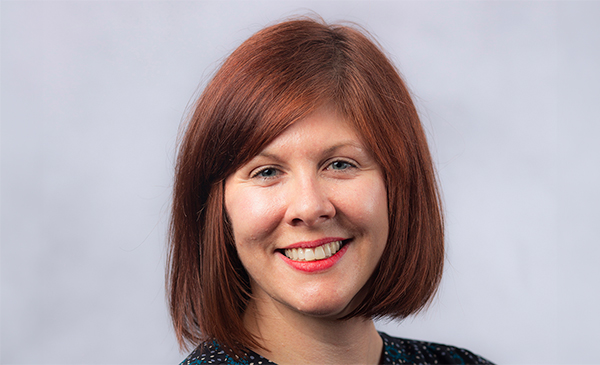PhD in Kinesiology and Nutrition
Advancing the field through cutting-edge research
The UIC PhD in Kinesiology and Nutrition prepares students to become national and international leaders in research and scholarship in the broad fields of kinesiology and nutrition.
To that end, the program has three goals:
- Train students in specific areas of kinesiology and nutrition, leading to an in-depth theoretical understanding and practical application of the relevant conceptual frameworks and experimental approaches.
- Provide training in quantitative and qualitative research methods, as appropriate to each student’s area of investigation.
- Support comprehensive training in professional skills, including responsible conduct of research and scientific writing.
Our graduates are prepared to pursue career options in academia or industry that involve a range of competencies, which include but are not limited to:
- Critically appraising the relevant scientific literature.
- Formulating questions and hypotheses related to key scientific issues.
- Generating research proposals that are competitive for funding.
- Designing and implementing creative, transparent, rigorous, and ethical experimental approaches.
- Quantitatively and/or qualitatively analyzing data.
- Skillfully communicating scientific expertise orally and in writing for diverse audiences across a variety of settings, including the classroom.
- Relating their specific project to wider issues, interpreting their work through the lens of social responsibility.
We are committed to diversity, equity and inclusion so that students from diverse backgrounds, including those that have been traditionally underrepresented in the applied health sciences, can pursue excellence in a safe and nurturing environment. Our commitment is embedded in the values and initiatives at the department, college, campus and university levels.
Your career
A PhD in kinesiology and nutrition leads to careers in academic research, teaching, public non-profits, government research or industry. Our graduates are actively publishing articles, giving talks at national and international conferences, obtaining independent funding for their work, and securing prestigious post-doctoral fellowships upon graduation. Our alumni are leaders in their respective fields. Below we list a few of our graduates and where they are now.
Links
Learn from the best
Understanding by doing
You’ll perform at least 32 hours of research in your focus area, but you won’t do it alone. With your faculty advisor, you will work through specific areas of investigation aligned with their expertise and contribute to breakthroughs in exercise physiology, exercise psychology, health promotion, human nutrition, integrative pathophysiology or muscoloskeletal biomechanics.
Questions?

Questions?
Still wondering what a Ph.D. in kinesiology and nutrition can do for you? The best first step on your road to doctoral study is to contact faculty whose expertise matches your own interests. For general questions, call or email Lisa Tussing-Humphreys.
You can contact Lisa at:
Email tussing@uic.edu